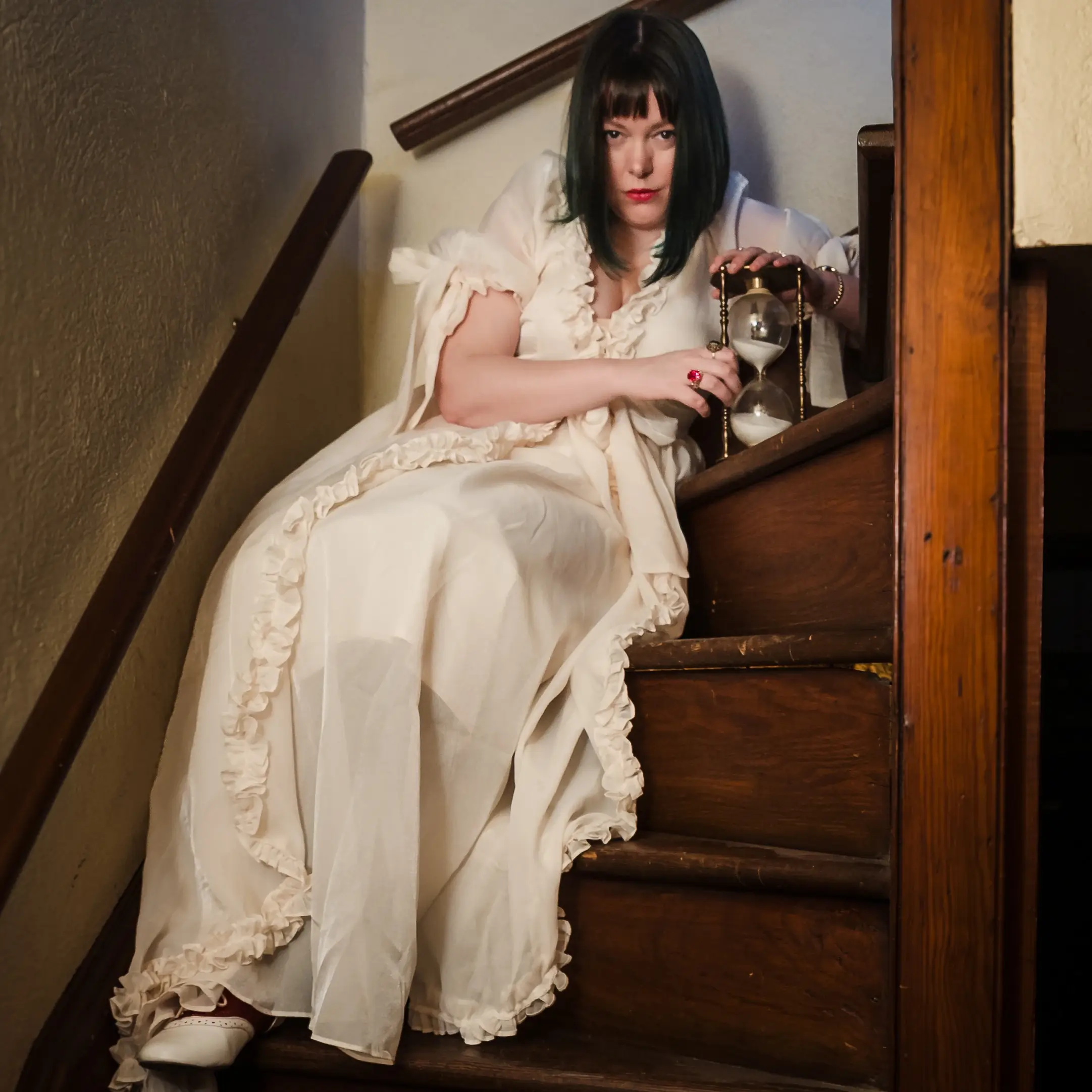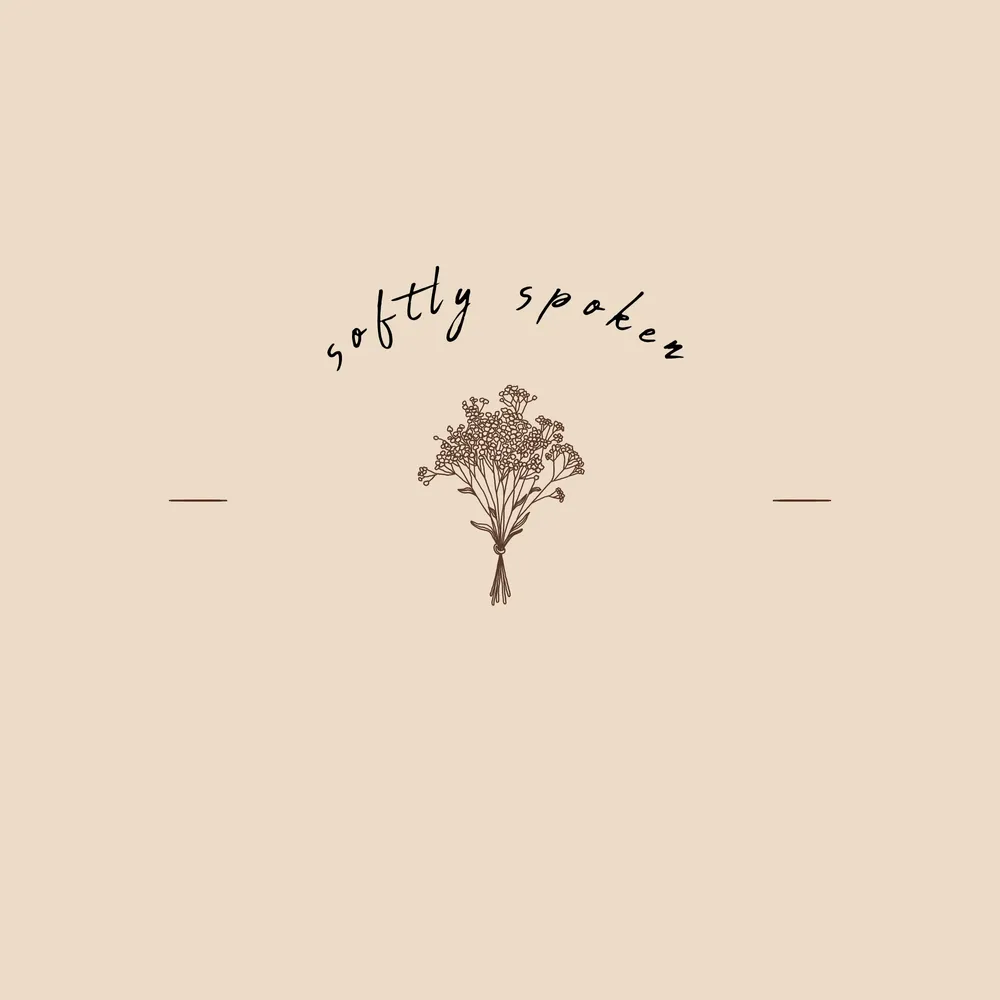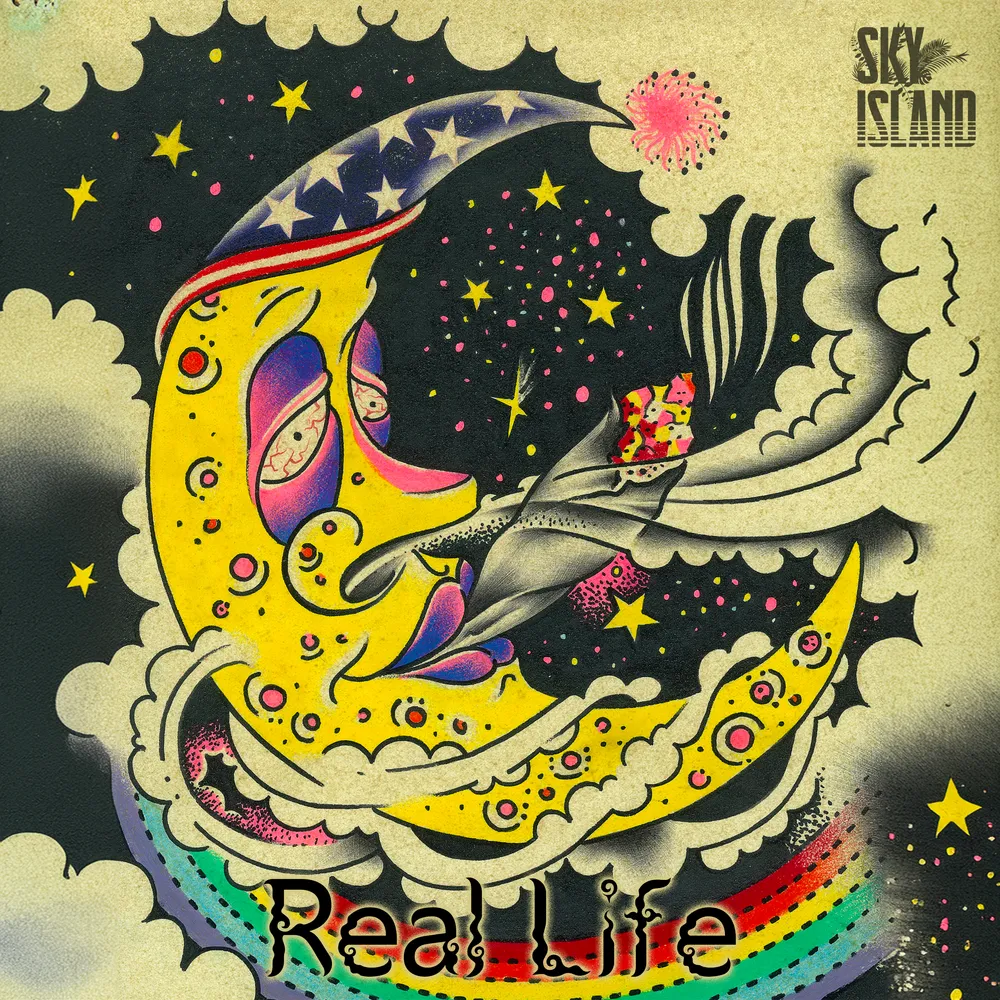Dee Dasher’s Conscious Home is an album that’s simultaneously grounded in her Jim Thorpe, Pennsylvania roots and ambitious enough to flirt with big legacy energy. Let’s get one thing out of the way: Dee Dasher’s voice. If Stevie Nicks ever wandered into the 21st century folk-pop landscape, clutching a ukulele instead of a tambourine, she might sound something like this. Not identical; no one’s touching Stevie’s witchy rasp, but there’s a similar weight to Dee’s delivery. Every note carries both earth and sky, grounded but untouchable. The resemblance isn’t a gimmick; it’s a reminder that some voices just exist on a higher emotional frequency.
The record opens with “Dreamscape,” which does exactly what the title promises: it builds an immersive, ethereal world where Dee’s vocals rise out of the haze like a lighthouse beam. There’s a distinct Fleetwood Mac vibe in how the track balances mysticism with immediacy, you’re half expecting a crystal ball to roll across the floor, but instead, you get percussion that feels sturdy and alive. This is a throughline in the record: atmosphere without losing clarity.

“Garden Song” plays with inventive percussion, creating an organic pulse beneath Dee’s folk-pop palette. It’s understated but fascinating, as if the band decided, “What if rhythm didn’t just keep time, but actually told part of the story?” By the time you get to “Time’s a Killer,” that idea pays off. The percussion ticks like a metronome, hammering home the inevitability of passing time while Dee leans into a vocal performance that wouldn’t feel out of place on Rumours. You can practically hear echoes of Stevie’s “Gold Dust Woman” wail in the way Dee stretches out certain lines, turning mortality into something you can sing along to.
And then comes the curveball: “Don’t Think.” Imagine taking a left turn into ’90s R&B, complete with the ghost of The Fugees hovering in the production booth. It shouldn’t work, but it does, partly because Dee refuses to play it cool. Her vocals ground the track, even when the production threatens to swagger. It’s like watching someone in flowing robes crash a house party and somehow become the most interesting person there.
The title track, “Conscious Home,” is where everything slows down, a piano ballad with subtle nods to ’60s gospel. It’s simple and reverent. There’s that same gift of turning plain words into incantations. It’s the kind of song that feels less like a performance and more like an offering.
Closing track “Life of a Snail” keeps things gentle. With its Cavetown-esque tone, it meditates on patience and slowness; an oddly perfect way to wrap up a record that’s spent most of its runtime wrestling with weightier concepts.
Here’s what makes Conscious Home tick: it’s both modest and grand. Dee isn’t trying to reinvent music, but she is trying to tell the truth, and that in itself is a kind of reinvention in an era where gloss often takes priority over substance. You can hear the years of figuring herself out in every line, the kind of growth that doesn’t come in big, dramatic bursts but in steady, patient steps. There’s an assurance in the way she delivers these songs, not as someone chasing validation, but as someone who’s finally comfortable letting the world hear what she’s carried inside for so long.
And that truth is what lingers. She sings about time, home, perseverance, and belonging; not as abstract concepts, but as things she’s wrestled with and earned. There’s a sense that she’s writing not from a place of having all the answers, but from the ongoing work of figuring it out. That honesty makes the album resonate far beyond her personal story. It’s less about spectacle, more about creating a space where other people can see themselves.
Dee Dasher’s Conscious Home may be a debut, but it carries a timelessness that feels far beyond first steps. It’s less about “arriving” in the industry and more about mapping Dee’s journey so far, each song a chapter in her growth, stitched with care and perspective. That’s the real magic: she didn’t just make an album, she built a home. It welcomes listeners in, offers them a seat, and reminds them they’re not alone. Rooted in Jim Thorpe yet reaching toward something universal, the record is expansive, heartfelt, and, above all, honest; clear proof that Dee’s path forward will be her own.
Follow Dee Dasher
Promoted Content
About the Author

A tenured media critic known working as a ghost writer, freelance critic for publications in the US and former lead writer of Atop The Treehouse. Reviews music, film and TV shows for media aggregators.






